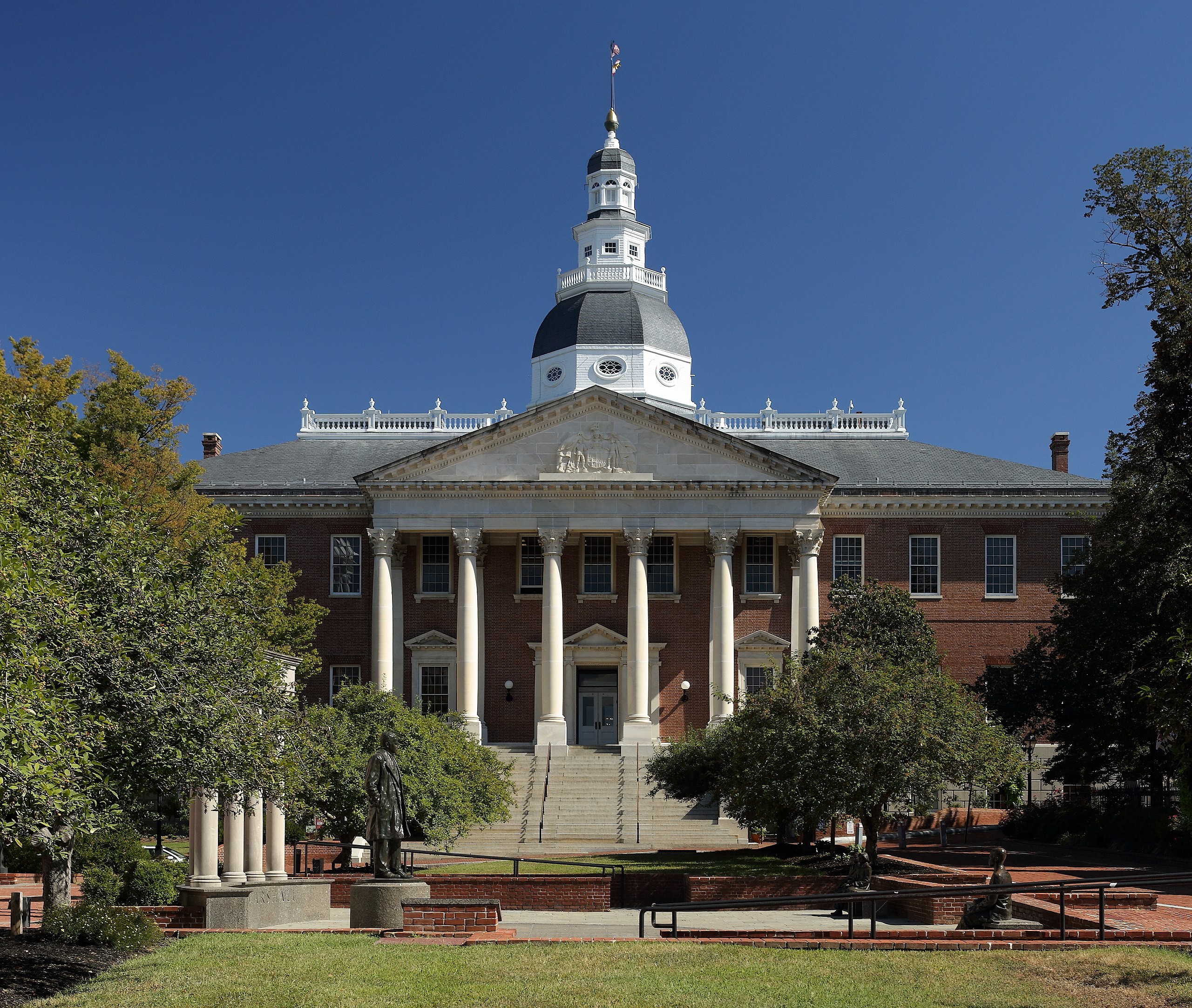Maryland is the latest state to target the practice of legacy admissions through legislation, following similar measures approved in Virginia.
Passed recently by Maryland’s House of Delegates by an overwhelming majority of 133-4, the bill in question would ban colleges who receive state funding — which includes both public and private institutions — from considering an applicant’s legacy status in the admissions process. This would preclude favoring or preferring an applicant due to their familial relationships to institutional donors or alumni. The bill now awaits review and deliberation from the state senate.
Arguments against legacy admission have grown in recent years with the rise of DEI (diversity, equity, and inclusion) efforts in higher education. Opponents of this practice argue that it gives unfair advantages to students who often already benefit from a high family income and greater social connections.
“My goal is to make sure equity and access in higher [education] is merit-driven and fair,” Maryland Delegate Jazz Lewis, a Democrat and the bill’s sponsor, said in a Jan. 30 hearing on the legislation. “Legacy admissions by their very nature, privilege a select, and likely wealthy, few, often at the expense of equally deserving students who lack such connections or wealth.”
Many DEI advocates also see the banning of legacy admissions as a means to somewhat level the playing field for disadvantaged students after the U.S. Supreme Court banned the practice of race-conscious admissions last year. Although proponents of DEI are not the only people in favor of legacy admission bans; many proposed state and federal bills receive bipartisan support. For instance, Republican Senator Todd Young, of Indiana, and Democratic Senator Tim Kaine, of Virginia, introduced a bill similar to Maryland’s on the federal level in late December 2023.
“I think families of kids don’t like the notion that they start off already behind, because maybe they didn’t go to the school or somebody else has more money than them,” Kaine said in an interview with NPR. “If the attack on affirmative action on the grounds of race is, ‘you gotta put merit first,’ well, then let’s put merit first.”





















